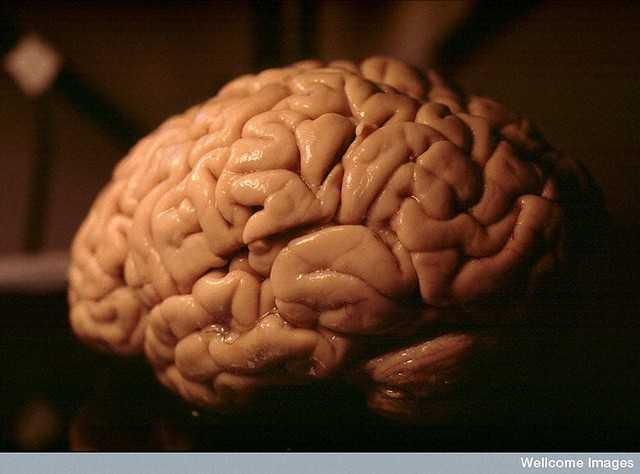Scientists Discover First Ever 'Intelligence' Gene

Scientists have discovered a gene which may make people more intelligent.
Researchers from King's College London found that teenagers with a high-functioning NPTN gene showed a stronger performance in intelligence tests.
The NPTN gene links intellect to the thickness of so-called "grey matter" in the brain. According to the team, the discovery could help understand the origin of learning disabilities.
Grey matter, otherwise known as the cerebral cortex, pays an essential role in memory, perceptual awareness, thought and language. It is also closely related to attention and consciousness.
The group, from King's College London's Institute of Psychiatry, analysed DNA samples and scanned the brains of over 1,500 healthy 14-year-olds. The subjects were also tested on verbal and non-verbal intelligence.
Over 54,000 possible genetic variants involved in brain development were also analysed. It was found that some teenagers, who had a particular variant which affects the NPTN gene, also had a thinner cortex in the left half of their brains. These subjects performed less well on tests for intellectual ability.
The NPTN gene encodes a protein acting on neuronal synapses, which in turn affects how brain cells communicate. The scientists at KCL found the gene performed different in the left and right sides of the brain.
The research shows that the left hemisphere may be more susceptible to the effects of NPTN mutations and that some differences in intellectual ability coincided with less functional NPTN gene in some areas of the left side.
The study was published in Molecular Scientist earlier this week.
Dr Sylvane Desrivières, who led the study, said: "We wanted to find out how structural differences in the brain relate to differences in intellectual ability.
"It's important to point out that intelligence is influenced by many genetic and environmental factors.
"The gene we identified only explains a tiny proportion of the differences in intellectual ability."
It is hoped the findings will help scientists further understand learning disabilities as well as psychiatric disorders, such as autism and schizophrenia.
© Copyright IBTimes 2025. All rights reserved.






















